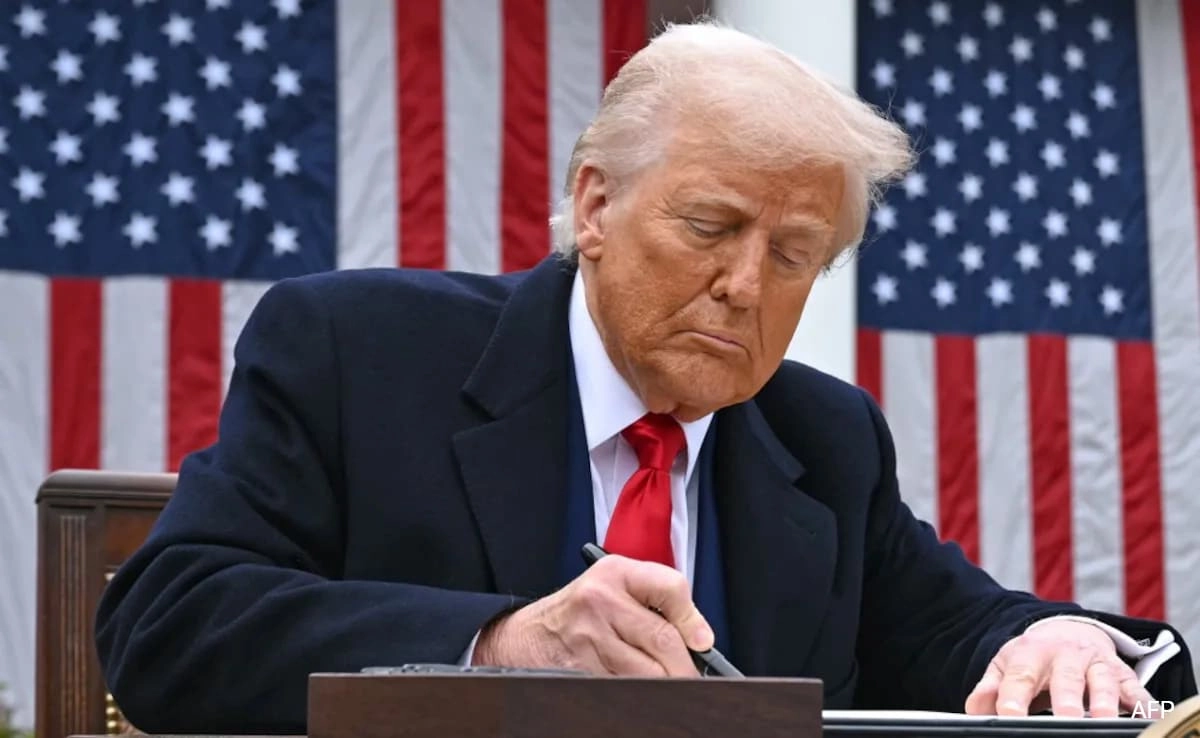In a controversial and unprecedented move, former President Donald Trump has expressed intentions to deport U.S. citizens and imprison them in foreign prisons. This alarming proposition raises significant legal and ethical questions about the rights of American citizens and the extent of governmental authority. Throughout his presidency, Trump often took a hardline stance on immigration, advocating for strict border control and the deportation of undocumented immigrants. However, the idea of targeting American citizens for deportation crosses a line that many believe undermines the very foundations of American democracy and civil liberties.
The implications of such a policy are profound. It not only challenges the constitutional rights granted to U.S. citizens but also sets a dangerous precedent for the treatment of individuals based on their political beliefs or actions. Critics argue that this approach could lead to a climate of fear and repression, where dissent is punished through the threat of deportation. Moreover, the logistics of imprisoning American citizens in foreign countries raise numerous practical challenges, including international law considerations and the potential for diplomatic conflicts.
Supporters of Trump’s approach may argue that it is a necessary measure to maintain national security and uphold law and order. However, many experts warn that this strategy could alienate citizens and further divide the country along political lines. The notion of jailing Americans abroad not only risks violating their rights but also raises questions about the humane treatment of detainees, as conditions in foreign prisons can vary significantly from those in the U.S.
As the discussion surrounding this proposal unfolds, it is crucial for lawmakers and citizens alike to engage in a thoughtful dialogue about the implications of such actions. The principles of justice and fairness should guide any policies affecting the lives of American citizens, ensuring that the nation remains committed to upholding its democratic values. Whether or not such extreme measures gain traction remains to be seen, but the very suggestion serves as a reminder of the ongoing debates about immigration, citizenship, and the rights of individuals within the United States.




